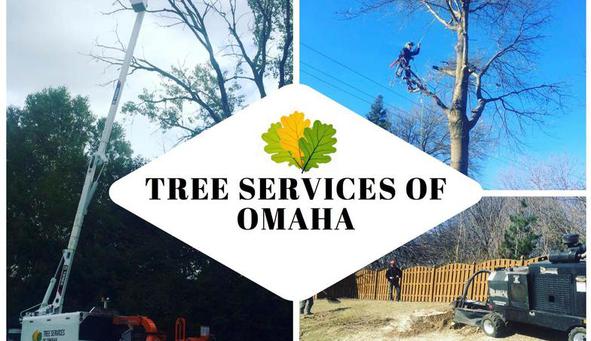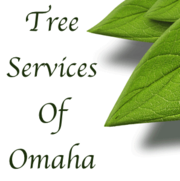Tree Services of Omaha - Omaha, Nebraska
How To Keep Your Trees Healthy During Winter Season
by David Steg on 01/03/16
Ways To Keep Your Trees Healthy During Winter Season
You know it’s autumn when the trees are all of a sudden full with a range of different of colors. The changing of seasons allows beautiful scenery, but one thing cannot be overseen – the winter season is here whether we are ready for it or not. But do not worry—we have some helpful tips on how to keep trees healthy during this winter season.
Maple tree species will drop their leaves before the winter to reduce the water supply between the leaves and roots. When leaves drop from the maple, the tree will close off the stem that connects the leaves to the tree, therefore preventing further freezing.
The leaves on oak trees die during the winter season, but often the tree will still hold its dead leaves. One possible theory for this could be that retained leaves trap snow and use the snow as a way to ensure the tree remains hydrated. Other theories believe that oak tree leaf retention is the tree’s natural way of deterring unwanted, potentially harmful attention from animals.
These trees have natural survival instincts, but in some cases, additional help is required in order for the trees on your property to survive the harsh winter season.
Oaks and maples that do not receive enough water throughout the year are more likely to break when the weather conditions get harsh. To help prevent dehydration, consider anti-transpirants to help reduce the amount of moisture that leaves the plant through evaporation. For younger and more fragile trees, tree covers and windbreakers can be used to prevent further damage.
While maple and oak trees have unique winter survival techniques, you should always be aware of situations where professional help is needed. Contact us today for a free estimate and we will do our part to make sure your trees stay healthy this winter!



